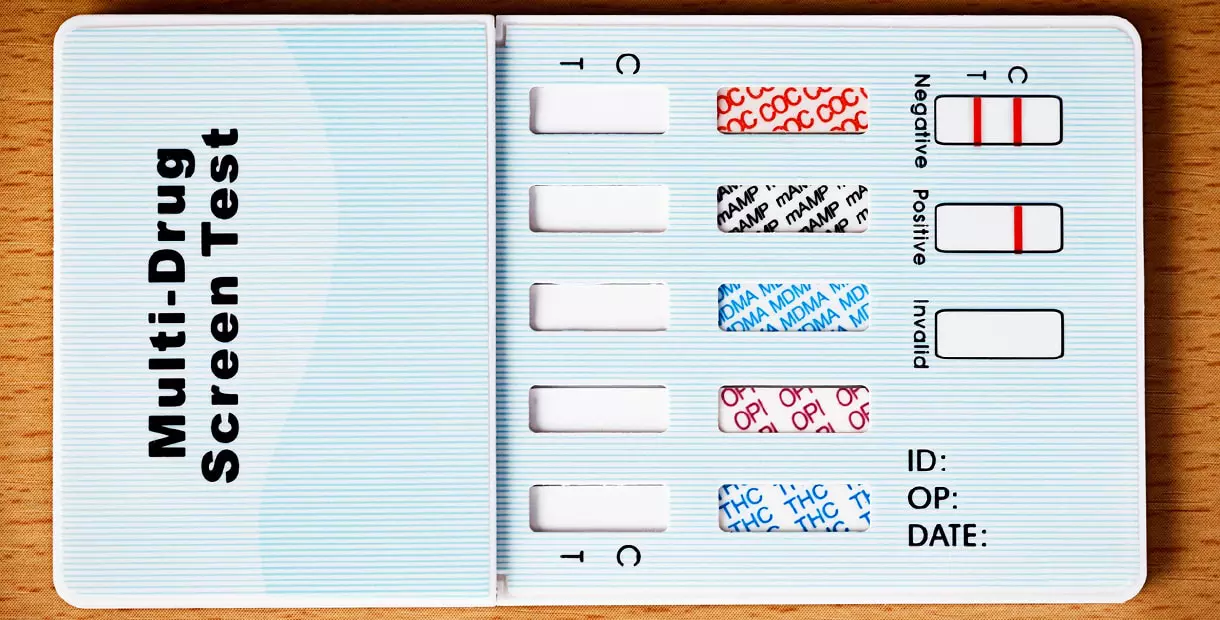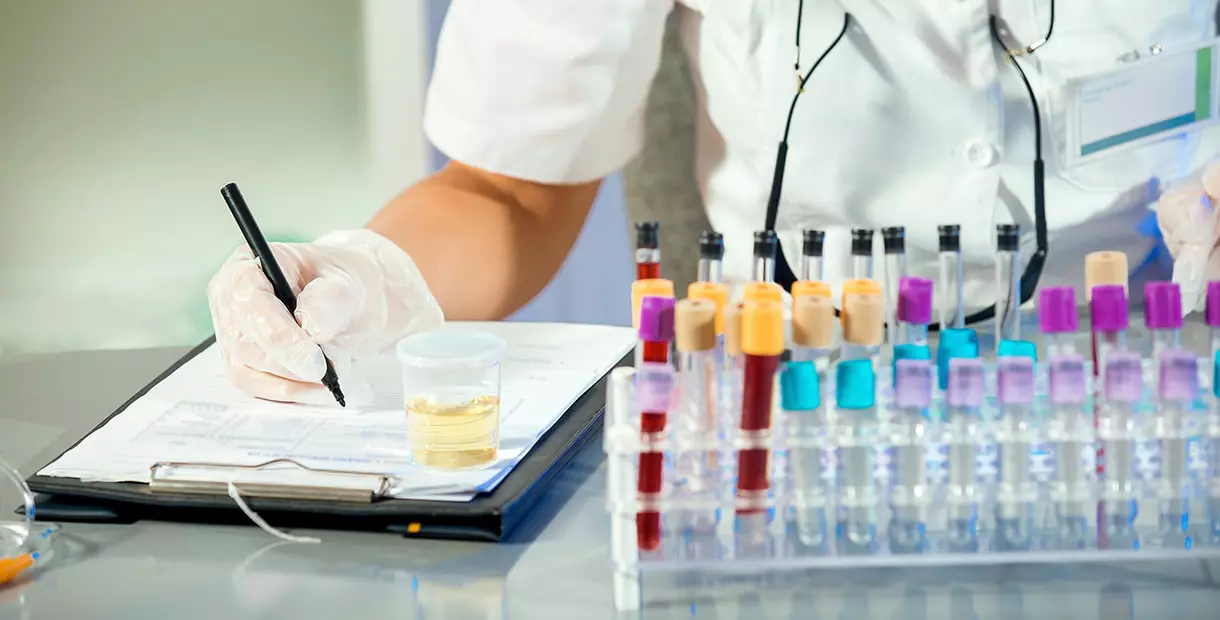How long does THC last in the body?
In many countries, drug testing is still a mandatory condition for employment. When sending a resume, the applicant already imagines how he will start his career in a steadily developing company. Salary, health insurance, flexible schedule, bonuses and bonuses. But a simple drag test can easily destroy all these pleasant prospects.
At such a moment, panic often sets in. When was the last time you smoked cannabis? Two weeks ago? Three weeks? And in general, how long does grass last in the blood?
Although conventional wisdom says at least 30 days. The answer to the question “how much marijuana is in the blood” is not easy at all.
There are many ways to test for drugs. Each of them has certain sensitivity indicators and periodization for detecting traces of THC.
The broad possibilities of use, as well as the unique biological parameters of each person, suggest an individual calculation of the detection window (the number of days from the last smoking episode in which the test will be positive).

How long does cannabis last in the blood: how is THC tested?
Every year in the US, employers conduct 40 to 50 million drug tests. The following can be subjected to careful analysis:
- blood;
- urine;
- hair;
- saliva;
- sweat;
- nails
When smoking marijuana, the content of THC in the body temporarily increases. This can be easily detected with a blood test. Such testing can detect the presence of cannabinoids hours to days after a smoking episode.
THC, CBD and their metabolic by-products – metabolites, accumulate in fat reserves and are fat-soluble. Over time, metabolite molecules are slowly released. This leads to a significant increase in the period during which the body is cleansed of traces of cannabis. Hair testing has the longest detection window, according to scientists. It can detect the THC metabolite, known as 11-nor-delta9-carboxy-THC (THC-COOH), within 90 days of smoking.
While each testing method has its advantages, urinalysis tends to be the most common. It is recommended by the American Substance Abuse Services Administration (SAMHSA). Also like hair and nail testing, this test does not directly measure the level of THC present, but rather the amount of the THC-COOH metabolite.
The most common cut-off for most urinalysis is 50 ng/ml, but in general the cut-off can be anywhere from 15 ng/ml to 100 ng/ml.
Despite the standards governing the tests, experts believe that the wide variation in cannabis use, as well as individual differences in biology and genetics, prevent the development of specific time intervals for detection.

How long does THC last in the blood and how does it affect the body?
Each person’s metabolism is unique. It processes marijuana at different rates. People of the same gender or age can show completely different results when tested. Personal lifestyle choices, such as physical activity levels or eating habits, can also affect the amount of time it takes to pass the test (people with higher body fat “store” cannabinoids more readily than leaner people).
The study showed that in chronic smokers, the maximum detection window will be up to 25 days at a sensitivity of 20 ng/ml. However, only one subject tested positive after 14 days. At the same time, it takes about 9 days for the levels of cannabinoids to stop being detected. Another study of chronic users with a cut-off of 50 ng/ml showed that a maximum of 40 days was required for a clean-up. But 8 out of 10 subjects needed only 13 days to confirm their first negative result.

At a threshold of 50 ng/ml, it is unlikely that a chronic user will have a positive urine test within 10 days of their last smoking episode. And if the sensitivity drops to 20 ng/ml, the detection window increases to 21 days for regular smokers.
Meanwhile, American researchers say that for subjects who use cannabis occasionally or for the first time, it would be unusual if the detection of cannabinoids in urine lasted more than 3-4 days after a smoking episode.
SAMHSA states, “If it’s infrequent or one-time use, it usually takes about 72 hours for THC to be eliminated from the body.”
How long does cannabis last in blood and hair?
Although a urinalysis is the most common way to test for cannabis, some tests measure the presence of THC in hair or blood.
Marijuana in blood and hair:
- Hair testing offers a maximum detection window of up to 90 days after the testee has stopped using cannabis.
- Cannabis can be found in the blood only a few seconds after smoking. And also within a few hours or even a day after it.

Marijuana in the blood: what can affect the results of a drug test
Only a few factors significantly affect how long cannabis can remain in the body:
- frequency of marijuana use;
- amount of cannabis consumed;
- the level of fat content in the body;
- the sensitivity of the drug test itself.
Scientists believe that even general recommendations are unwarranted, especially for chronic users.
With a single acute administration of a fixed dose, researchers can see a range of variability on the order of several days. So someone can be clean the next day and someone can be positive for seven days. If we talk about frequent and repeated use, the variability only becomes greater. There are cases when people who smoked cannabis every day are clean after a week and a half, while others test positive within two months.
How Much Cannabinol Stays in the Blood: Does CBD Consumption Lead to a Positive Drug Test?
What about those who consume other non-intoxicating cannabinoids such as CBD (cannabidiol)? How long does CBD stay in the body and will it be detected by a drug test?
Because standard urinalysis only analyzes THC metabolites, those who consume CBD/hemp oil have a very small risk of a positive drug test result. But since some hemp oils typically contain very little THC, those who use extremely high amounts of cannabinoid-rich oils (more than 1,000-2,000 milligrams per day) may test positive on an initial urine screen. However, this initial “false positive” would not survive a more rigorous second round of testing that specifically measures THC-COOH.

How long does marijuana stay in the blood?
But are there any methods to prevent a positive marijuana test or speed up the THC detoxification process?
The obvious and primary response is abstinence. But before taking a drug test, it can be dangerous to even hang out with friends who smoke marijuana. In a 2015 study, scientists exposed a small group of participants to secondhand smoke in both ventilated and unventilated rooms. It showed that some participants who sat in an unventilated room tested positive for THC-COOH.
Some who face a drug test but don’t want to give up cannabis entirely can try altering their urine by adding chemicals like pyridinium chlorochromate or peroxidase to the sample, which remove THC-COOH. However, most testing agencies screen for these compounds. And being caught is often just as bad, if not worse, than a positive test.

How long does weed last in the blood: the amount of time it takes to pass a drug test
For those who cannot quit smoking, one of the most common methods of cleansing is to drink more fluids. Dehydration usually increases the concentration of urine and can increase the chances of a positive response. However, if the urine is too diluted, the results are automatically invalidated. When detoxing from THC, a more effective tactic to speed up the process is to ditch the Big Mac and go to the gym.
That said, it’s important to give your body enough time to clear stored cannabinoids, as exercise or fasting can lead to a short-term spike in THC metabolites as they leave the body.




